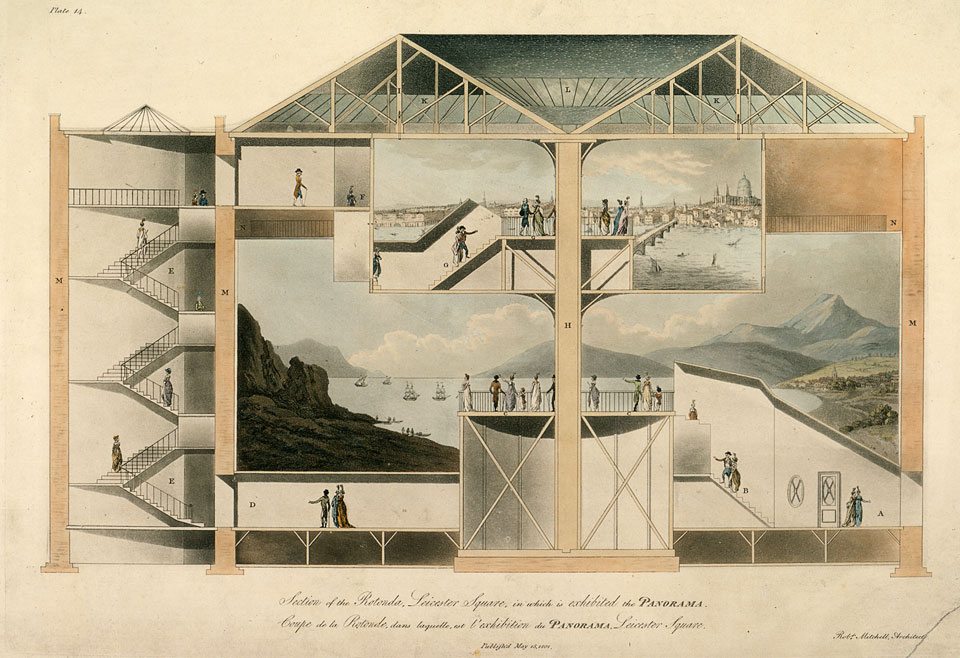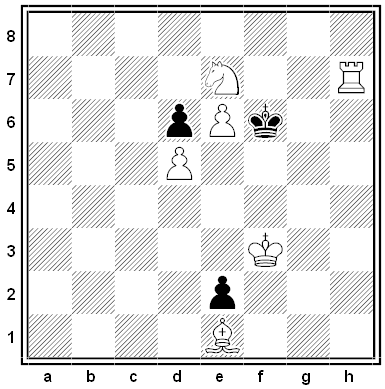
Dr. Dobbin, lecturing on physical education in Hull, England, condemned the practice of tight-lacing as injurious to the health and symmetry of the female sex, and jocularly proposed the formation of an ‘Anti-killing-young-women-by-a-lingering-death Society.’
This was gravely reproduced in other parts of England and on the Continent as a sober matter of fact, the Germans giving the hyphenated title thus: Jungefrauenzimmerdurchschwindsuchttodtungsgegenverein.
— Charles Carroll Bombaugh, The Book of Blunders, 1871



